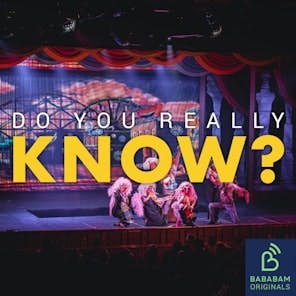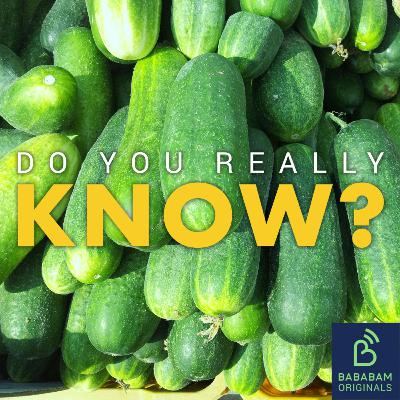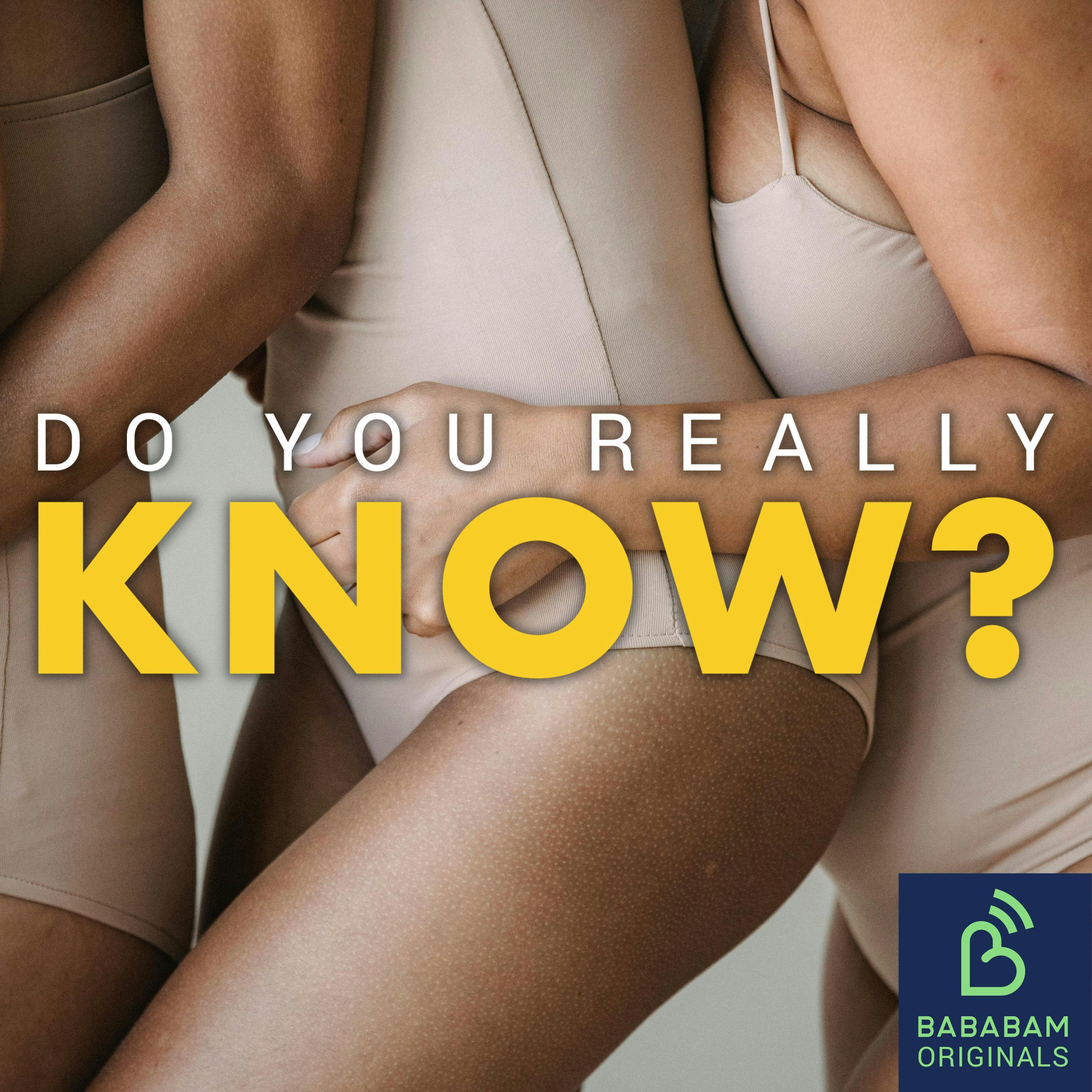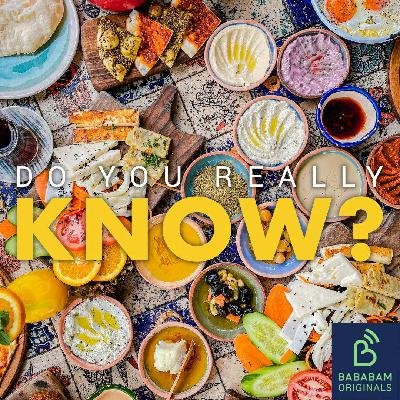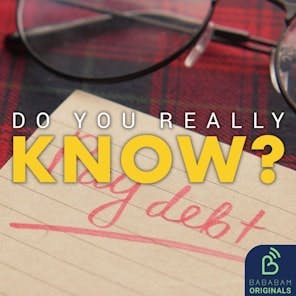Why does the year begin on January 1st?
Description
As we embrace resolutions and light up the skies with fireworks, it's time to mark the arrival of the New Year! All of us on the Do You Really Know team, hoping you soaked in the holiday vibes and send you our warm wishes for a splendid 2024. Today, planet Earth has set off on another full orbit around the sun, a journey which will span 365 days until we hit the reset button again next year. And that's why we now refer to January 1st as New Year's Day. But bear in mind, that wasn't always the case.
We can trace back our calendar roots to the Romans and their initial 355-day calendar. That’s right: 355, and not the 365 we're used to these days. That lunar-based system was credited to Numa Pompilius, the legendary second King of Rome, who succeeded Romulus. And it saw the New Year kick off in March, a nod to Mars, the Roman god of war.
When did January 1st appear then? What about elsewhere in the world? In under 3 minutes, we answer your questions!
To listen to the last episodes, you can click here:
What are the most popular and unusual baby names in the UK?
How can I return unwanted gifts?
A podcast written and realised by Joseph Chance.
First Broadcast: 1/1/2024
Learn more about your ad choices. Visit megaphone.fm/adchoices


